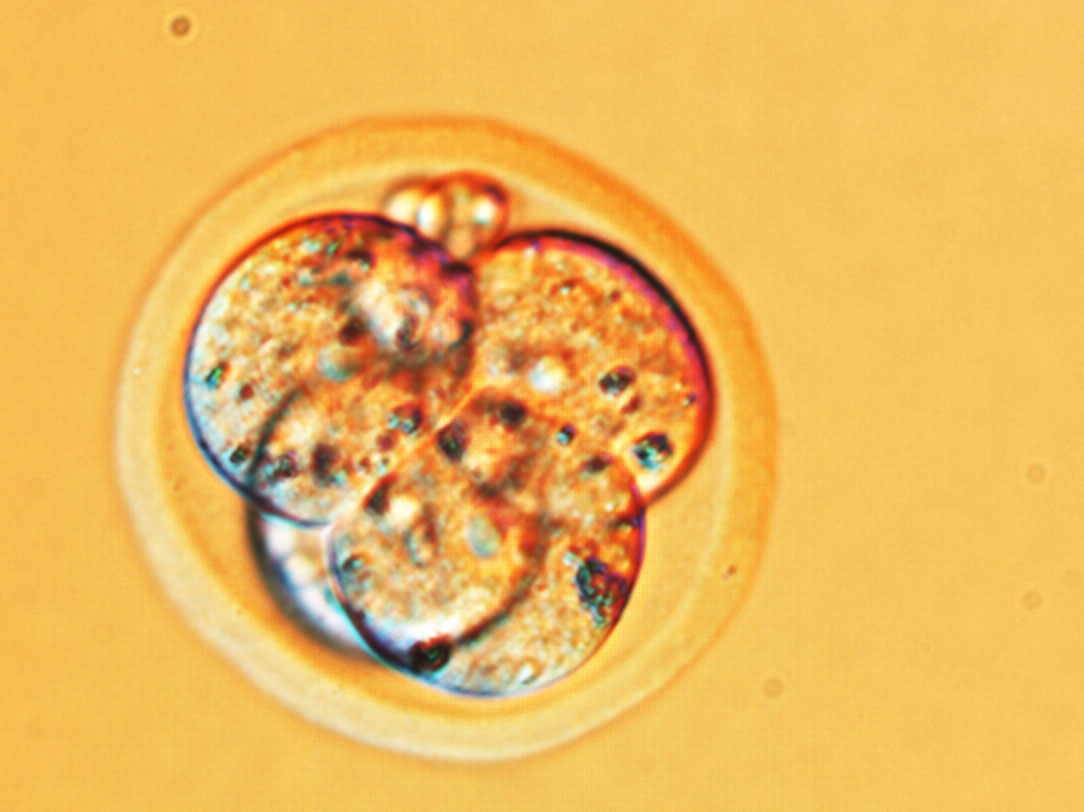Geneticist Patrick Gaudray, member of the National Ethics Advisory Committee (NEAC) has responded to the research authorisation granted yesterday by British authorities and involving the genetic handling of human embryos [1].
“The human embryo issue is extremely difficult to manage”, he. In France, “there are no set rules as to when human life begins”, but in Great Britain, “this has been set to 14 days, which corresponds to the appearance of the first human cells”. Therefore, he was not surprised by this authorisation in a country where, “the context is very different”. The English “have already gone much further – probably too far – by authorising the use of a third person’s egg to carry the genetic material of both parents. Since this egg contains DNA in its mitochondria, it already equates to the artificial modification of the genetic heritage of a human being”.
Isabelle de Gaulmyn confirms this analysis: “The decision is symbolic of the utilitarian philosophy which often prevails on the other side of the English Channel: try it out as soon as it could be useful!” She continued by calling for vigilance: “Without any limits, the genetic modification of human embryos risks turning into altering genetic heritage in an attempt to improve performance. The human genome is part of humanity’s most precious heritage. Its integrity must be fully preserved for future generations”.
[1] The genetic modification of embryos has been authorised in Great Britain since 2009, “for research purposes provided that the embryos are destroyed after a maximum of two weeks”. It is prohibited for treatment purposes.
Le Figaro (1/02/2016) ; La Croix (2/02/2016)

